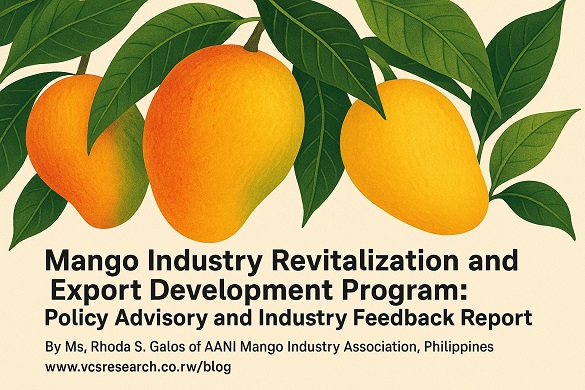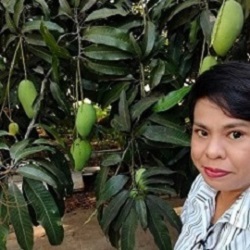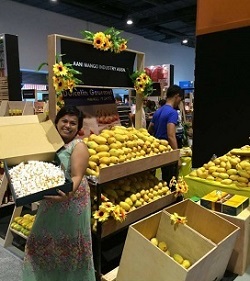NOTE: This is a comprehensive policy advisory and industry feedback report on the Mango Industry Revitalization and Export Development Program. This includes a detailed content review, implementation structure analysis, SWOT analysis, and stakeholder mapping.
The Philippine mango industry is at a critical juncture, facing declining production and stagnating exports. Once a leading global producer, the country’s mango output has slipped in recent years. In the Ilocos Region (the country’s top mango-producing region), mango production was approximately 166,032 metric tons in 2022, a 3.7% decrease from the previous year.
Multiple factors have contributed to this decline: limited access to credit for farmers, pervasive pests and diseases, high post-harvest losses, and other challenges undermining the competitiveness of Philippine mangoes in the world market. In response, the Department of Agriculture (DA) has formulated the Mango Revitalization and Export Development Program, a comprehensive initiative aimed at revitalizing the mango industry and boosting exports.
This report provides a detailed analysis of the program—examining its objectives, scope, components, and implementation framework—and offers industry feedback through a SWOT analysis and stakeholder mapping. Finally, actionable recommendations are proposed to strengthen the program’s design, policy support, financing mechanisms, and export development strategy. The goal is to ensure that policymakers and industry leaders have a clear, rigorous assessment to guide successful implementation of this program.
Click here to read the full report. Note from the editor:
Introduction
Ms. Rhoda S. Galos is a regular contributor and researcher at VCS Research. She specializes on the mango industry in the Philippines. She can be reach by email at rhoda_galos@vcsresearch.co.rw

